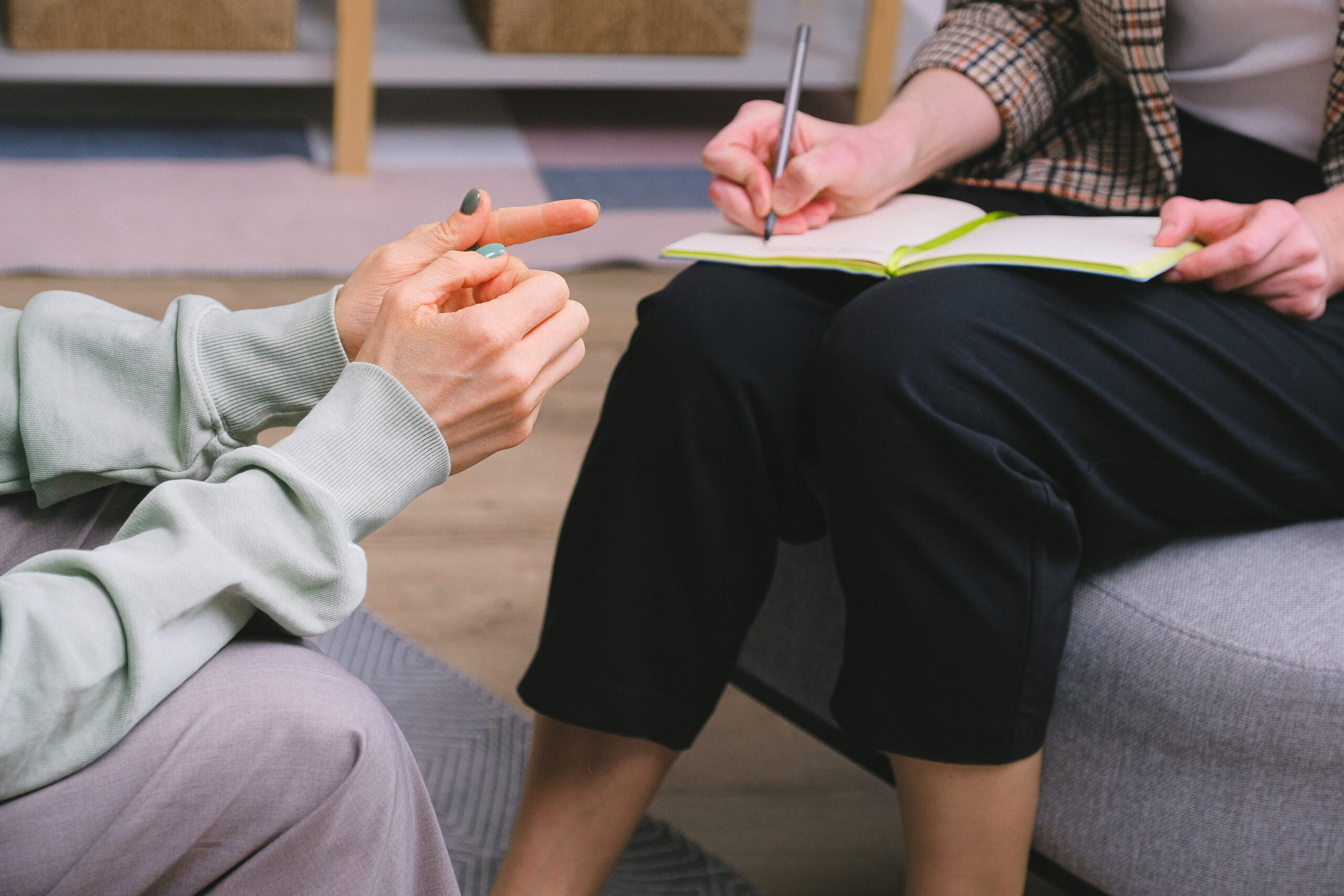Can depression be treated without therapy?
Title: Can Depression Be Treated Without Therapy?
Introduction:Depression, a mental health condition affecting millions worldwide, can be a debilitating experience. While therapy has proven to be highly effective in treating depression, some individuals may wonder if there are alternatives available. In this blog, we will explore whether depression can be treated without therapy and discuss viable options for those seeking different approaches to managing their mental health.
Understanding Depression:Depression is more than just feeling sad or experiencing temporary feelings of unhappiness. It is a complex disorder that affects thoughts, feelings, and behaviors, often resulting in a persistent feeling of low mood, loss of interest, and a sense of hopelessness. Depression can manifest in various ways and can have a significant impact on an individual’s daily life.
Therapy and Its Benefits:Therapy, particularly evidence-based approaches such as cognitive-behavioral therapy (CBT), has been recognized as one of the most effective treatments for depression. It provides individuals with a safe space to explore their feelings, thoughts, and behaviors, allowing them to develop coping strategies and better understand the root causes of their depression. Therapy also offers ongoing support, helping individuals sustain long-term improvements in their mental well-being.
Alternative Approaches:While therapy remains the gold standard treatment for depression, there are alternative approaches that can complement or, in specific cases, be used as a primary method of intervention. It’s important to note that such alternatives may not work for everyone, and consulting with a healthcare professional is crucial when considering these options. Here are a few to consider:
1. Medication: Antidepressant medication, prescribed by a qualified healthcare provider, can help alleviate symptoms of depression. Medication can be particularly beneficial for individuals with severe or treatment-resistant depression.
2. Lifestyle modifications: Engaging in regular physical exercise, adopting a balanced diet, getting enough sleep, and managing stress levels can positively impact overall mental well-being. These lifestyle modifications can be useful as self-help strategies alongside therapy or as initial steps for individuals experiencing mild depressive symptoms.
3. Support groups: Connecting with others who are going through similar experiences can provide a sense of belonging, support, and encouragement. Support groups, whether in-person or online, allow individuals to share their struggles, receive validation, and gain new perspectives.
4. Alternative therapies: Some individuals find relief through alternative therapies such as art therapy, music therapy, yoga, meditation, or acupuncture. While the evidence supporting their effectiveness varies, these alternative approaches can help individuals find comfort, relaxation, and a sense of self-expression.
Conclusion:While therapy is widely recognized as an effective treatment for depression, there are alternative approaches available that may help individuals manage their symptoms. From medication and lifestyle modifications to support groups and alternative therapies, exploring different options alongside professional guidance can empower individuals to find the most suitable path towards recovery. It is essential to remember that depression is a complex condition, and what works for one person may not work for another. A personalized approach, considering individual needs and preferences, is crucial for successful depression management.



